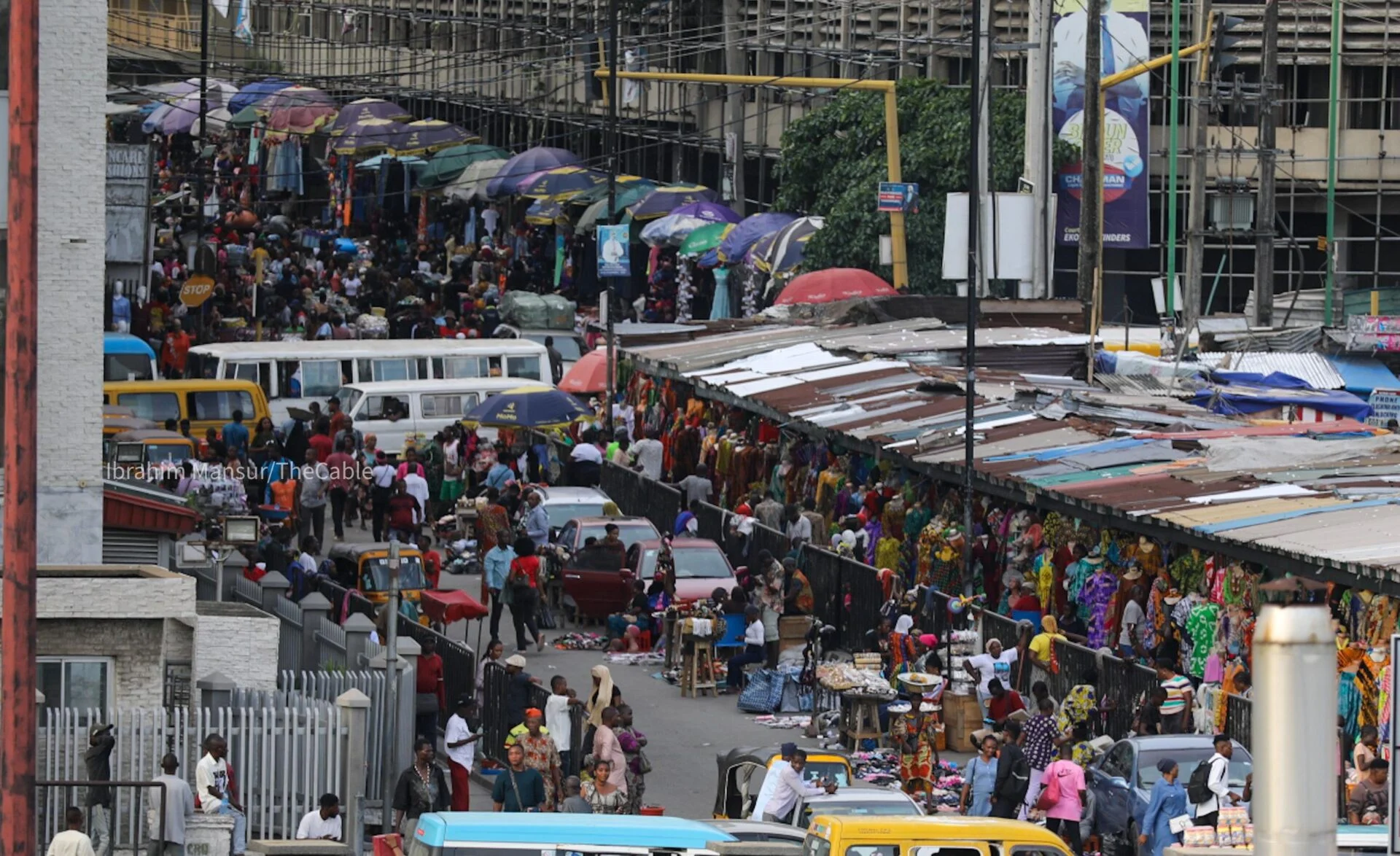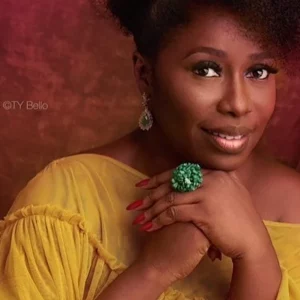Atiku Bagudu, minister of budget and national planning, says Nigeria must attract at least $100 billion in investments annually to achieve its ambition of becoming a middle-income country by 2050.
Bagudu spoke on Tuesday at a one-day policy dialogue on ‘Deepening Legislative-Executive Synergy for Effective Economic Governance in Nigeria,’ organised by the National Institute for Legislative and Democratic Studies (NILDS) in Abuja.
The minister said Agenda 2050 is not an over-ambitious plan but a “realistic pathway to prosperity,” adding that President Bola Tinubu’s administration has taken bold steps to reverse years of weak fiscal capacity and systemic distortions.

“We calculated, and to achieve this objective, Nigeria requires at least $100 billion investment per annum from both the private and public sectors,” Bagudu said.
He noted that Agenda 2050 is structured into six medium-term plans, beginning with 2021–2025 and progressing in five-year phases until 2050.
Bagudu added that while Nigeria’s revenue-to-GDP ratio has risen from 9 percent in June 2023 to 16 percent due to recent reforms, the country still lags behind its peers.
“Brazil, a federation like Nigeria, has a federal budget of about $700 billion, while ours is just $36 billion,” he said.
“Japan, with roughly half of Nigeria’s population, spends more than $20 trillion annually. These disparities explain why outcomes are inevitably different.”
‘GOVERNMENT SECRECY FUELS CORRUPTION’
Afam Ogene, a lawmaker representing Anambra under the Labour Party, said there was a need to break down Nigeria’s economic realities for citizens to understand.
Ogene noted that as of September 2025, the country was still grappling with the implementation of the 2024 budget, while local contractors protested unpaid arrears.
“A government that is not able to meet its obligation is bankrupt,” he said.
“Engagement must continue because secrecy in government is the incubation of corruption.”
Earlier, Abubakar Sulaiman, director-general of NILDS, said the dialogue was aimed at fostering stronger alignment between legislative oversight and executive reforms.
Represented by Shauibu Danwanka, director of legal services at NILDS, Sulaiman said Nigeria’s fragile economic state, manifested in high inflation, debt servicing, currency volatility, and weak growth, requires a united front between both arms of government.
Kayode Egbetokun, inspector-general of police (IGP), also commended the dialogue, describing it as a platform for collective solutions.
Egbetokun, who was represented by Mary Obasi, commissioner of police, said continuous borrowing was unsustainable.
“We need to be committed to change the narrative so that Nigeria can regain her respect in the comity of nations,” he said.
“Let us know why the economy is not doing well, let us know the strategic measures to put in place, the roadmap to achieve what we need to achieve.”
The IGP also called for discussions on what needs to be done to have a greater economy that will be sustainable.
Stay ahead with the latest updates!
Join The Podium Media on WhatsApp for real-time news alerts, breaking stories, and exclusive content delivered straight to your phone. Don’t miss a headline — subscribe now!
Chat with Us on WhatsApp







